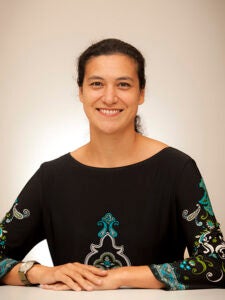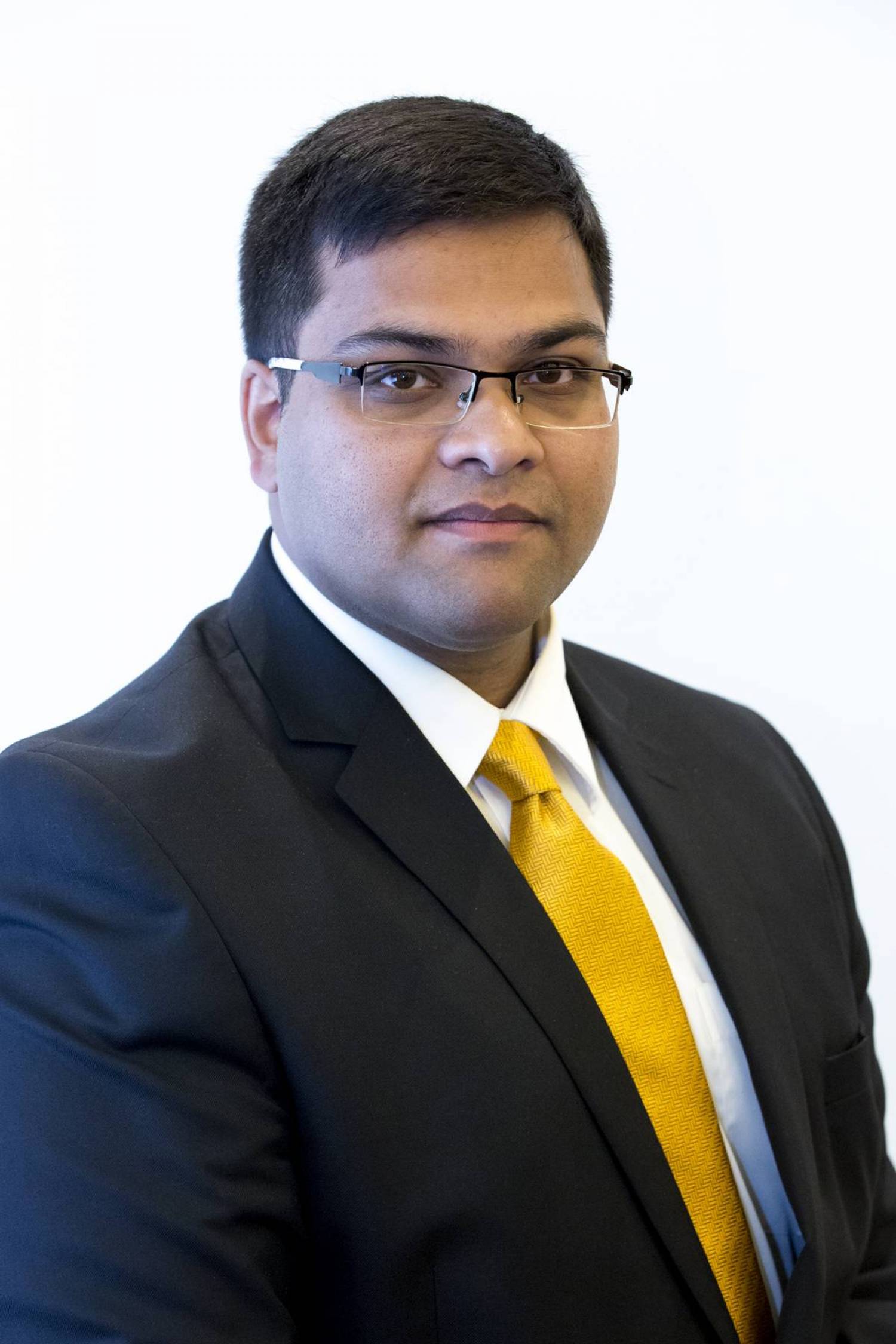2019-2020 CIRS-GUQ Faculty Fellows

Karine Walther is an Associate Professor of History at Georgetown University in Qatar. She holds a PhD in history from Columbia University, a Maîtrise and Licence in sociology from the University of Paris VIII and a BA from the American Studies Honors Program at the University of Texas, Austin. She is currently working on her second book: Spreading the Faith: American Missionaries, ARAMCO and the Birth of the US-Saudi Special Relationship, 1889-1955, forthcoming with University of North Carolina Press in 2020. Her first book, Sacred Interests: The United States and the Islamic World, 1821-1921 was published by UNC Press in August of 2015.
As a CIRS-GUQ Fellow, Karine completed her second book, which traces the impact of American medical missionaries working in the Arabian Gulf on broader American relations with Saudi Arabia in the first half of the twentieth century. As her book demonstrates, although American missionaries managed to convert only a handful of Muslims, their expansive network of contacts throughout the Gulf reached the highest level of political power, including Ibn Saud himself, who received regular medical treatments from the missionaries beginning in 1914. Her book analyzes how the educational and medical programs initiated by these missionaries would later be coopted by ARAMCO as it sought to advance its own corporate interests in Saudi Arabia.

Uday Chandra is an Assistant Professor of Government at Georgetown University in Qatar. He received his B.A. in economics from Grinnell College and his PhD in political science from Yale University in 2013. He is interested in state-society relations, power and resistance, political violence, agrarian change, and the philosophy of the social sciences. His work has been published in the Law & Society Review, Critical Sociology, Social Movement Studies, New Political Science, The Journal of Contemporary Asia, Contemporary South Asia, and The Indian Economic & Social History Review. He has co-edited volumes and journal special issues on caste hierarchies, the ethics of self-making, the politics of the poor, and social movements in India. His first book, Resistance as Negotiation: Making States and Tribes in Modern India, is forthcoming with Stanford University Press.
As a CIRS-GUQ fellow, Uday worked on a second book, tentatively titled Fascism 2.0: Lessons from Democracy in India. It traces how and why a heterogeneous multi-ethnic, multi-religious society has been recast under democratic conditions as a homogeneous mono-cultural, mono-religious polity by (i) denying or accommodating internal differentiation along caste, gender, and linguistic lines and (ii) by violent or silent subjugation of Muslim and Christian minorities. The book also draws certain lessons from India’s democratic experience, particularly how democracy sans liberalism, the new global norm, may drift towards a digitally-savvy and sustainable fascism 2.0.